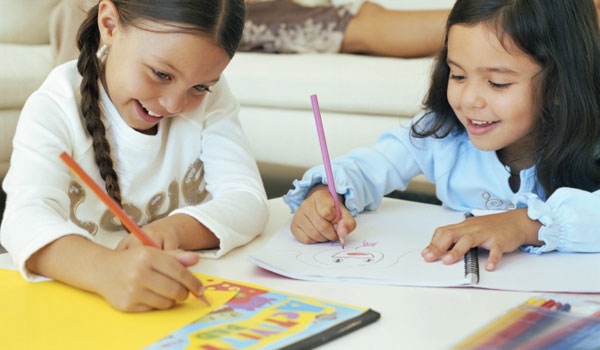The Growing Importance of Early Childhood Education
It is said that children begin to learn right from the time of birth. Further, when children are nurtured and encouraged to be active, the cortex of the brain thickens and creates an extensive neuron system that affects overall intelligence. This is probably why children who are exposed to different languages and a learning environment are able to handle stressful situations later in life. The first five years in a child’s life is absolutely critical as they build emotional and social skills which are required in school. When a child joins kindergarten, they are expected to follow directions, complete assigned work and demonstrate other soft skills. Therefore, early childhood education prepares children to regulate their behaviour and emotions to display emotions-social skills which will help them succeed both in school and as adults.

The big picture
Studies have revealed that children who attend an early education program are more likely to grow into responsible citizens who can contribute to society at large. They are also less likely to be involved in criminal activities and dangerous dependencies. Investing in early learning helps the child develop both academic and social skills as they are placed in an environment which is conducive to learning and growth.
Socialization
When children are placed in an early education program they interact with children who are at the same age or stage of development. This encourages parallel play so they can better adjust to working in a group. They learn to imitate the actions of others in the group and also to function as an individual. Some programs encourage the involvement of parents as well so the child does not feel alienated at any point. When children are placed in a group, they will eventually learn to follow rules and procedures laid out for them. This helps them learn discipline.
Academics
From ages 3 to 5, most children learn to think logically. As a baby, a child depends on sight and hearing especially when it comes to language. However, as they grow older, they begin to recognize letters with words and pictures in stories. But a lot of it depends of the stimulation they receive. A child that is exposed to an active learning environment is more prepared to respond to these stimuli and will demonstrate these skills a lot sooner. Through an early education program children will learn alphabet recognition, number recognition and basic decoding skills.
By age four most children should be able to jump, run, know their full names, tell a short story in 2 or 3 lines, colour with crayons, eat unassisted, copy the actions of others, draw a circle, recite a rhyme, kick a ball etc. Many of these activities and more are covered in an early education program which helps children achieve these milestones along with their peer group. When a child meets his standard of learning at a young age, he is better equipped to handle the next milestones without any stress or tension.
Matthew Young is an active blogger, who likes to share advice and tips. Matthew likes to write about kids related topics and is a guest writer for ColoringPagesABC.com.
The Growing Importance Of Early Childhood Education

